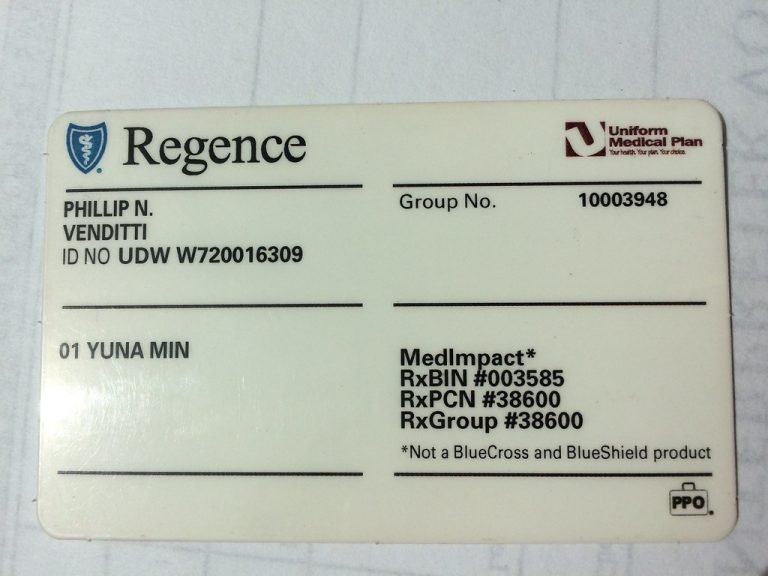What is considered functional medicine?
Functional medicine is a systems biology–based approach that focuses on identifying and addressing the root cause of disease. Each symptom or differential diagnosis may be one of many contributing to an individual’s illness. As the graphic illustrates, a diagnosis can be the result of more than one cause.
How successful is functional medicine?
Approximately 31% of patients seen by the Center for Functional Medicine improved their PROMIS global physical health scores by 5 points or more, which is a clinically meaningful change and a noticeable effect on daily life. Twenty-two percent of primary care patients improved their scores by 5 points or more.
What are the benefits of functional medicine?
- Focus on patient-centered care and treatment.
- Use a multi-disciplinary approach to treatment.
- Focus on chronic conditions.
- Focus on alternative medicine/treatments.
What does functional medicine include?
A doctor in functional medicine works holistically, considering the full picture of your physical, mental, emotional, and sometimes even spiritual health. They consider factors like diet, genetics, hormonal changes, prescription and over the counter medications, and other lifestyle components.
What’s the difference between functional medicine & Integrative medicine?
While conventional (allopathic) medicine diagnoses and treats what’s above the surface — symptoms and disease — functional medicine also attends to what’s below the surface, at the root of the disease — environmental and lifestyle factors, including sleep and relaxation, physical activity (exercise), nutrition, stress, …
What is functional medicine and how does it work?
Functional Medicine is a systems biology-based approach that focuses on identifying and addressing the root cause of a disease. Functional medicine clinics take the holistic approach to understand who you are, knowing that every person is unique and should have a medical plan that is custom fit for their needs.
Can functional medicine help?
Functional medicine can help to correct an imbalance of substances within the body which may have come about as a result of illness, medication, or environmental or lifestyle factors.
What can functional medicine treat?
- Adrenal disorders.
- Alzheimer’s disease and dementia.
- Arthritis.
- Asthma.
- Autoimmune diseases.
- Cancer prevention.
- Cardiovascular disease.
- Diabetes.
How long has functional medicine been around?
In 1990, Dr. Jeffrey Bland created the concept of functional medicine as a discipline that married progress in basic medical sciences with expertise in clinical medicine to address the growing problems associated with chronic disease.
Can functional medicine help with weight loss?
Not only can functional medicine help with weight loss, it gets to the root cause of your weight gain in order to uncover the best treatment plan for you. Regeneration Health has a team of highly trained experts who will not just look at the symptoms of your problem, but also what’s causing it.
What are the advantages of functional medicine?
Functional doctors provide a multi-disciplinary approach to treating and understanding your illness. With specialized training and access to providers in a variety of disciplines, you receive care that looks at all aspects of your life, not just your medical history.
What is the goal of functional medicine?
Functional medicine aims to optimize the functioning of the individual’s organs and tissues and to heal and help prevent diseases associated with aging. This may involve correcting an imbalance of natural substances within the body.
How successful is functional medicine?
Approximately 31% of patients seen by the Center for Functional Medicine improved their PROMIS global physical health scores by 5 points or more, which is a clinically meaningful change and a noticeable effect on daily life. Twenty-two percent of primary care patients improved their scores by 5 points or more.
What is the difference between functional medicine and alternative medicine?
While functional medicine focuses on creating individualized therapies tailored to treat underlying causes of illness, integrative medicine seeks to understand the individual as a whole and applies many forms of therapy to improve wellness.





